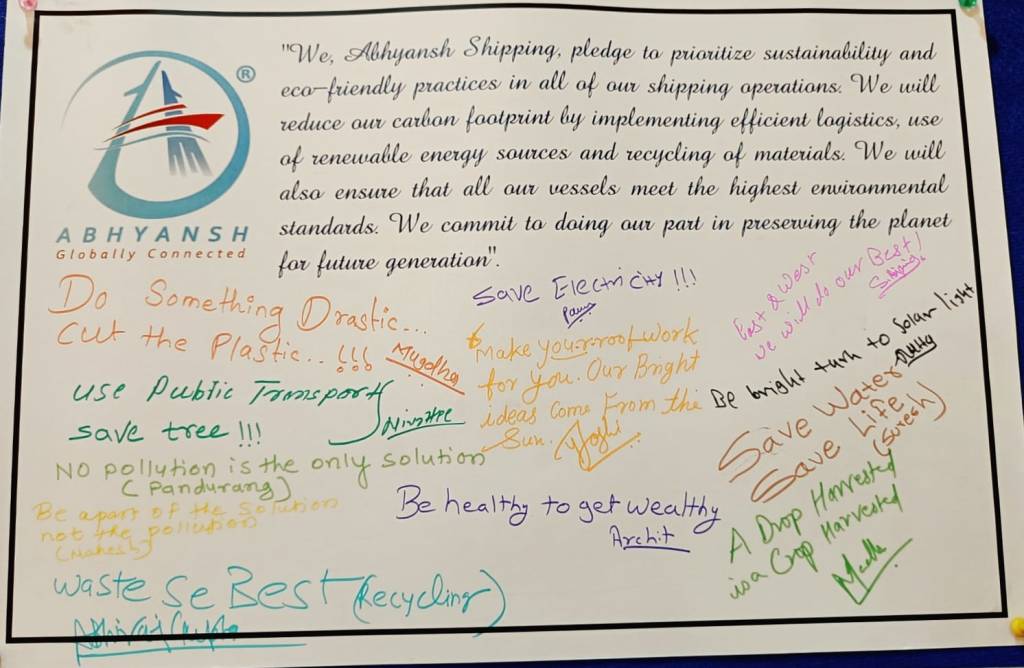As a leading shipping and logistics company in India, Abhyansh recognizes the vital importance of sustainable practices in the transport sector. The recent COP29 held in Baku, Azerbaijan, highlighted significant commitments from international transport organizations aimed at reducing greenhouse gas emissions and fostering a greener future.
At COP29, the International Civil Aviation Organization (ICAO), the International Maritime Organization (IMO), and the United Nations Economic Commission for Europe (UNECE) united with a common goal: to transition their respective sectors towards low- or zero-carbon technologies and to promote sustainable development. This collaboration underscores the urgent need for coordinated action across all modes of transport.
The UNECE has set an ambitious Decarbonization Strategy, aiming for net-zero emissions from inland transport by 2050. This strategy is crucial as inland transport alone accounts for over 72% of global energy-related CO2 emissions in the transport sector, with road transport being the largest contributor. Achieving this goal will require transformative policy changes, innovative technologies, and a commitment to integrating sustainable practices at every governance level.
The transition to sustainable transport is not without its challenges. According to ICAO Secretary General Juan Carlos Salazar, the aviation sector alone will need an investment of approximately USD 3.2 trillion by 2050 to finance its shift to cleaner energy. Similarly, the maritime sector, responsible for moving over 80% of international trade, has already improved its energy efficiency but must continue to innovate to meet future carbon neutrality targets.
The collaboration between UNECE, ICAO, and IMO at COP29 signifies a unified approach towards reducing emissions across all transport modes. This includes exploring carbon pricing mechanisms and enhancing cooperation on multi-modal transport programs. Such initiatives are essential for creating a comprehensive framework that supports sustainable logistics operations.
As highlighted by UNECE Executive Secretary Tatiana Molcean, local initiatives play a critical role in advancing climate action. The Forum of Mayors provides a platform for local authorities to share best practices and strengthen networks aimed at urban sustainability. Integrating urban issues into Nationally Determined Contributions (NDCs) is crucial for delivering on the Paris Agreement’s objectives at scale.
Furthermore, transboundary water cooperation through instruments like the UNECE Water Convention demonstrates how countries can collaborate on climate adaptation strategies. Initiatives such as the Baku Dialogue on Water for Climate Action emphasize the interplay between water management and climate resilience.
As Abhyansh looks toward the future of shipping and logistics in India, it is clear that the path to sustainability requires collective action and significant investment. By aligning our strategies with international efforts, we can contribute to a greener transport sector that not only meets regulatory expectations but also fosters economic growth and environmental responsibility.
The commitments made at COP29 serve as a reminder that every stakeholder has a role to play in combating climate change. As we navigate this transition together, we must leverage partnerships, invest in innovation, and prioritize sustainable practices in all our operations.


